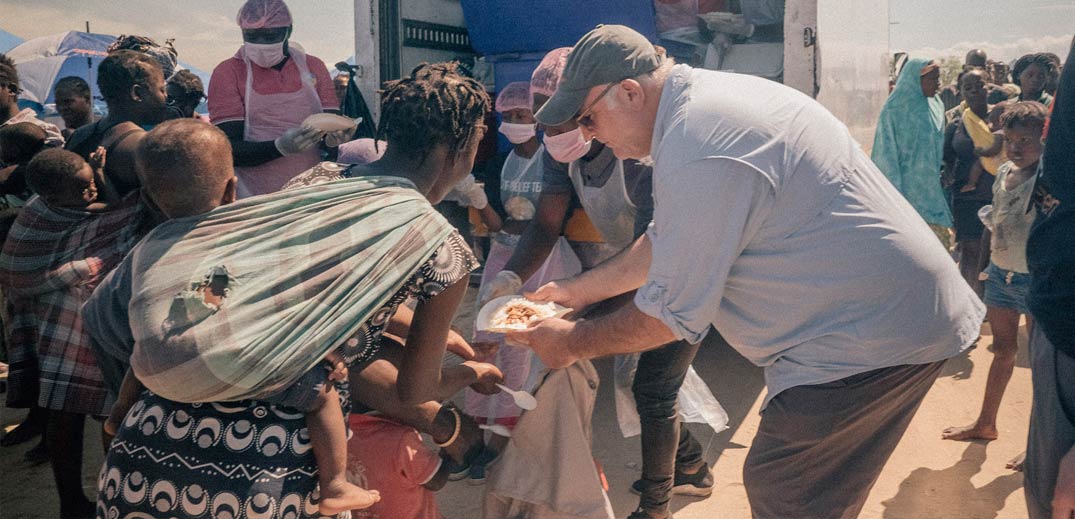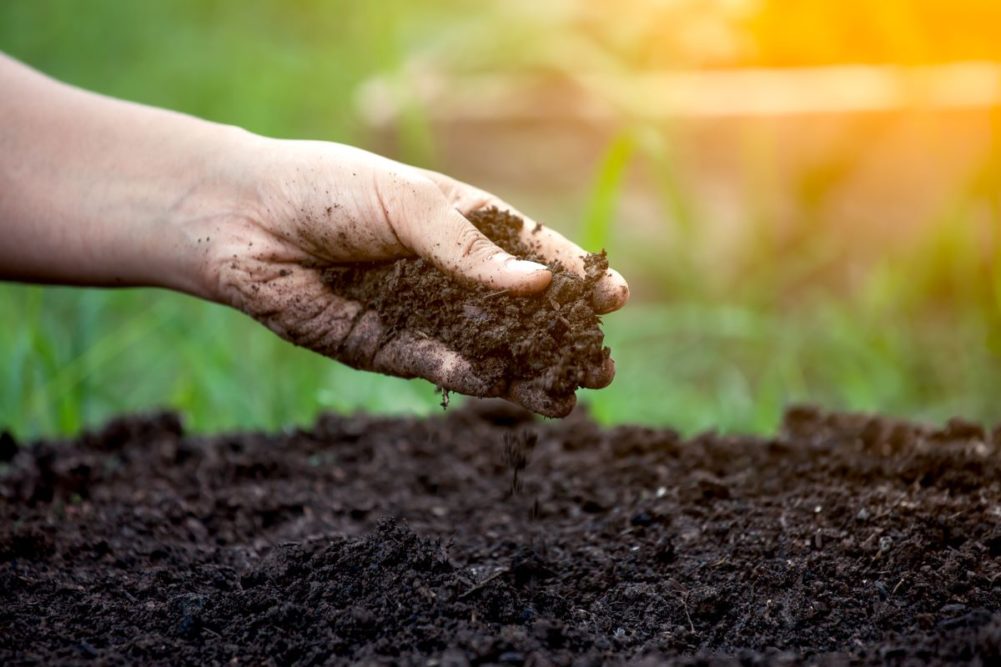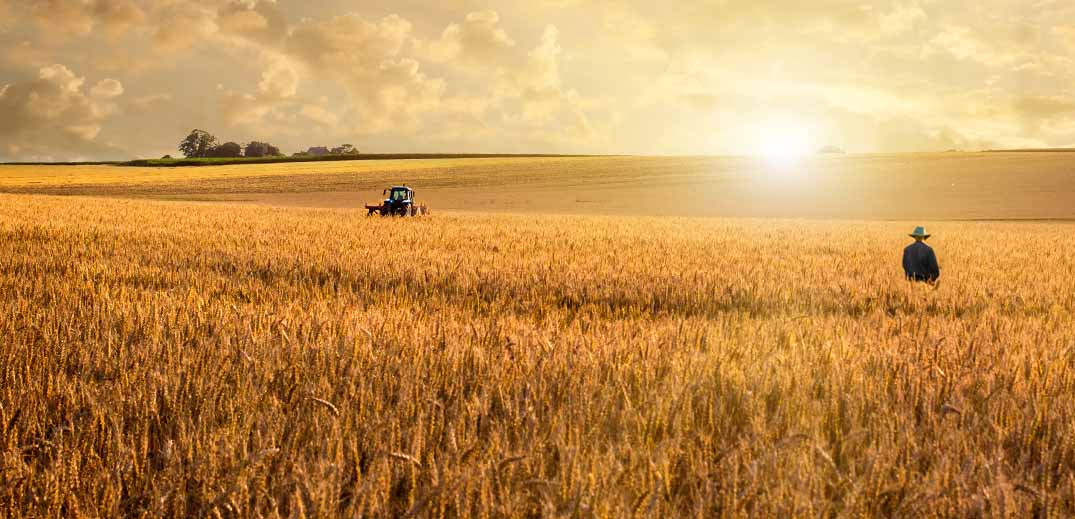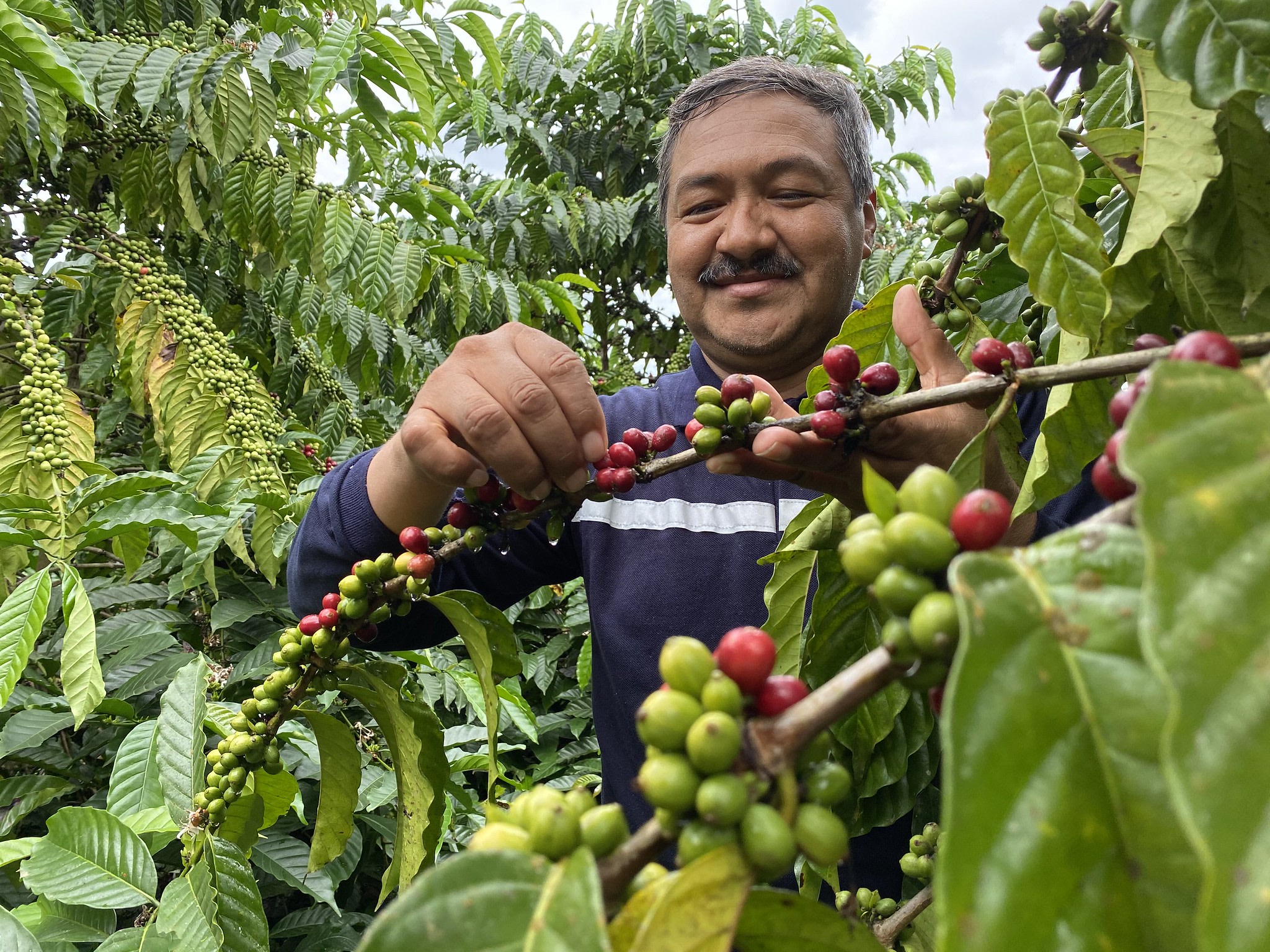Nestlé joins World Central Kitchen to fight hunger and build climate-resilient communities
Nestlé S.A.

Nestlé will help feed hungry people in communities affected by climate-related extreme weather events by collaborating with World Central Kitchen (WCK). Nestlé will provide WCK with a one-year agreement as well as a CHF one million donation to its Climate Disaster Fund.
"We chose World Central Kitchen because of its close alignment with our business and our donation activities related to hunger relief and food access,"
said Nina Kruchten, Nestlé's Head of Corporate Donations.
"WCK's frontline work around the world helps to alleviate the growing food insecurity issues caused by climate change. And, in keeping with Nestlé's mission, WCK accomplishes this through the power of food."
The non-profit focuses on three areas:
Providing food to hungry people affected by natural disasters. WCK delivers food, water, and other resources to disaster-stricken areas. Resilience building in frontline communities WCK assists communities in feeding themselves and farmers in adapting to a rapidly changing climate. It invests in local food producers and teaches the WCK model to foodservice professionals and culinary students. As a result, they are prepared to respond in their own communities when necessary. Changing the systems that cause hunger and thirst in people. WCK collaborates with local and state governments to scale up successful models.
Much of the work done by Nestlé as part of its Net Zero Roadmap is mirrored in these efforts. To reduce its carbon footprint, the company is not only addressing its own operations and product portfolio. It is also assisting farmers and suppliers in implementing regenerative agriculture practices and expanding its reforestation program, as agriculture accounts for nearly two-thirds of its emissions. Nestlé aims to cut emissions in half by 2030 and achieve net zero by 2050.
WCK's work includes the relief team that responded in the aftermath of Tropical Cyclone Batsirai, which hit Madagascar's east coast in February of this year. The team worked quickly to establish a WCK Field Kitchen, which used fresh ingredients from a local market and hired locals to cook. Another example is the WCK team, which formed a network of local restaurant partners to cook for people in need following last year's extreme rainfall and flooding in Bahia, Brazil. Another example is the nineteen food-related businesses that recently received WCK grants in the US Virgin Islands and The Bahamas, one of which is Sejah Farm of the Virgin Islands, which plans to establish an agricultural learning center.
WCK not only assists people affected by natural disasters, but it also responds to long-term humanitarian crises such as the one in Ukraine. Nestlé has also contributed to this effort, and the WCK team has already provided over 27 million meals to those affected by the Ukraine war in eight countries.
Source: Nestle news






